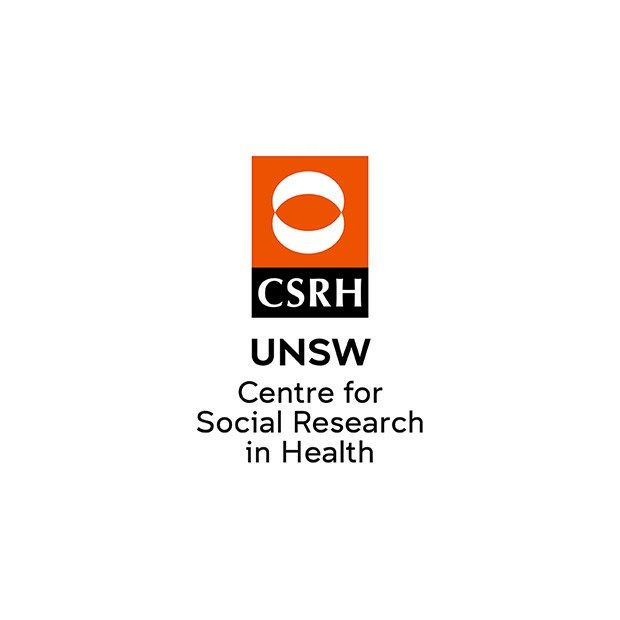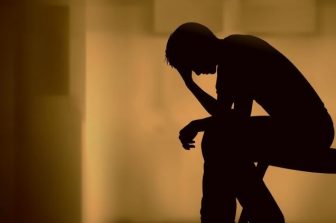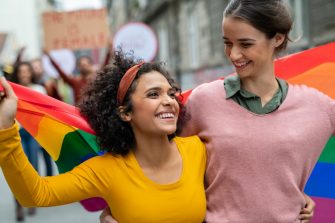Researching social and behavioural health

Latest research

Stigma Research Stream
The Stigma Research Stream documents and monitors the experiences and expression of stigma and discrimination targeted at people affected by blood borne viruses and sexually transmissible infections. Priority populations include men who have sex with men, people who inject drugs, people living with HIV, people living with viral hepatitis (B and C) and people who engage in sex work.

GBQ+ Community Periodic Surveys
The GBQ+ Community Periodic Surveys (GCPS) are repeated, cross-sectional surveys of gay, bisexual and queer men, and non-binary people who have sex with gay, bisexual and queer men, conducted in the metropolitan areas of seven Australian states and territories. They are a key part of Australia’s behavioural surveillance system for HIV, monitoring sexual practices, drug use and patterns of testing for HIV and other STIs.

My health, our family
Families that include people with mixed viral status (also known as ‘serodiscordance’) play a critical role in supporting those who have been diagnosed with HIV, hepatitis B and/or hepatitis C. However, little is known about the role and experiences of families in the prevention, management and treatment of these viruses. This research documents – for the first time – firsthand accounts of what serodiscordance means in the context of everyday family life.

What we do well: stories of love, sex & relationships
This project focuses on the positive actions Aboriginal young people take to reduce their sexual risk and build sexual wellbeing, and describes the social, cultural and personal strengths and resources that they draw on to do so. The project seeks to change the narrative about Aboriginal young people’s sexual health, from one focused on deficit and problems, to one focused on strengths and resourcefulness.

Health Monitoring and Evaluation Framework for the Decriminalisation of Sex Work
In February 2022, the Victorian Parliament passed the Sex Work Decriminalisation Bill 2021 which will lead to the staged repeal of the Sex Work Act 1994 and ensure most forms of sex work are regulated within existing regulatory frameworks, such as WorkSafe Victoria and the Department of Health. This evaluation by the CSRH commenced in June 2022 and runs until June 2027.

Annual Report of Trends in Behaviour
The Annual Report of Trends in Behaviour (ARTB) presents data from a selection of the behavioural and social research conducted by the Centre for Social Research in Health. The report focuses in particular on studies assessing trends over time or addressing emerging issues. The 2023 report on trends in behaviour covers viral hepatitis, HIV and other sexually transmissible infections, sexual health and related topics in a single volume.
Together, let’s build more equitable healthcare environments.
We're proud to launch our very first short course, Combating Stigma: Strategies for Inclusive Health Services, delving into the causes and consequences of stigma.
Through expert insights and real-world case studies, you will be equipped with the tools to transform workplace cultures and advocate for meaningful systemic reform.
Our Acknowledgement of Country
UNSW Sydney’s Kensington campus is built on the land of the Aboriginal people. We pay our respects to the Bedegal people of the Eora nation who are the Custodians of this land.
We acknowledge the Aboriginal and Torres Strait Islander peoples, the First Australians, whose lands, winds and waters we all now share, and pay respect to their unique values, and their continuing and enduring cultures which deepen and enrich the life of our nation and communities




